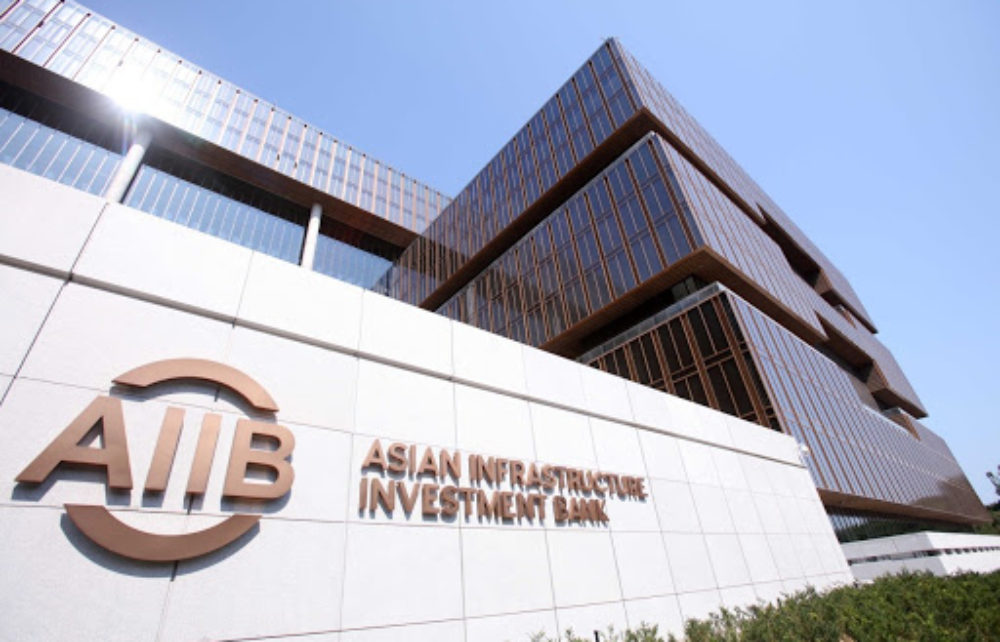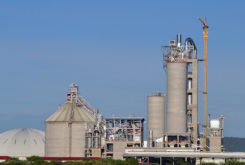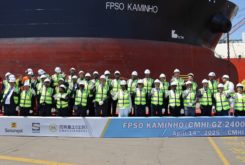The China-backed Asian Infrastructure Investment Bank (AIIB) has approved its first project in sub-Saharan Africa.
The Beijing-based AIIB, which began operations in 2016, said its would provide a USD 100 million loan to Rwanda in east Africa as part of a broader COVID-19 Crisis Recovery Facility it set up last year.
AIIB economist Suzanne Shaw said the move, which is co-financed with World Bank in Washington, demonstrated the AIIB’s “relevance and value to its non-regional members during a time of severe crisis and need”.
Since its launch five years ago the AIIB has spent just over USD 21 billion on projects, and unlike most big development banks it does not include the United States, or Asia’s second-largest economy, Japan.
It is now though joining a growing scrum of multilateral institutions looking to expand into sub-Saharan Africa, a resource-rich region seen as having growth potential, but needing an additional USD 425 billion between now and 2025 just to fight COVID-19 and reduce poverty levels that have been exacerbated by the pandemic, according to International Monetary Fund estimates.
Last month, top G7 development banks – a group that does not include China – made a landmark joint pledge to pump $80 billion into African companies and projects over the next five years. The African Development Bank, Afreximbank and Islamic Development operate there too, while the London-based European Bank for Reconstruction and Development is looking at expansion there again after putting earlier plans on ice last year.




